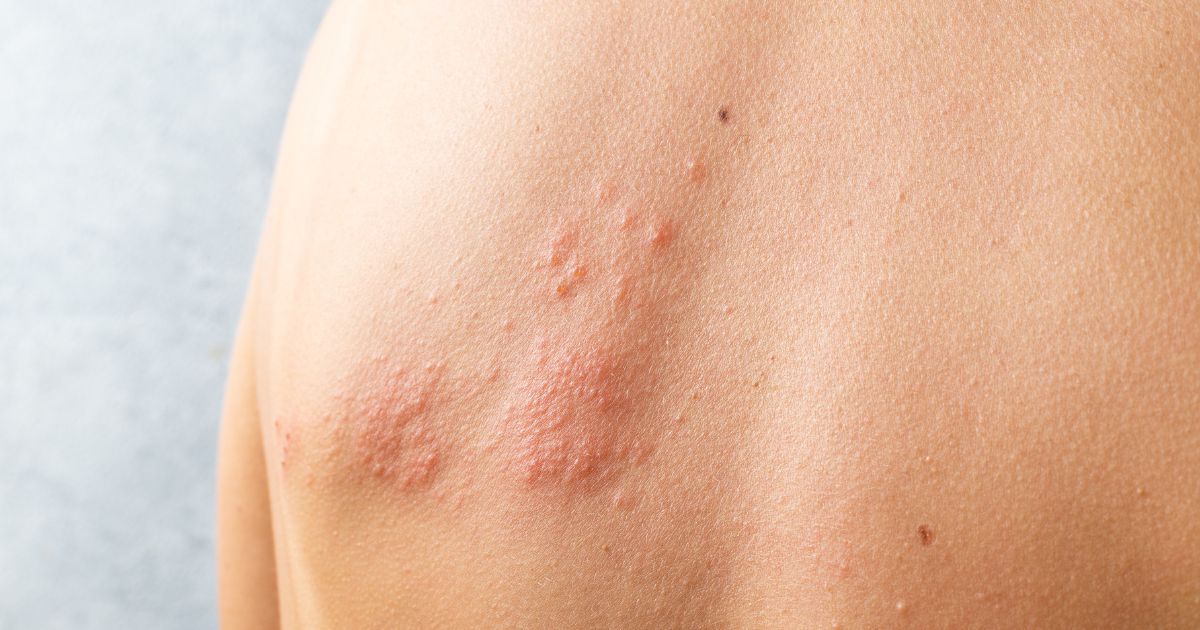Shingles: What You Should Know About Herpes Zoster
- Category: Did You Know?
- Posted On:

About 1 in every 3 people in the United States will get shingles in their lifetime, according to the Centers for Disease Control and Prevention.
The virus, known as Herpes Zoster, presents itself as a painful burning rash in a single stripe around the left or the right side of the body. The rash can also occur on one side of the face. Serious side effects include long-lasting nerve pain and loss of vision.
Shingles is caused by the same virus that causes chickenpox. When this virus becomes active again in an adult, it can cause shingles.
Kaitlyn Garnett, PA-C, Valley Health Winchester Family Practice, provides some additional insight into this painful condition and the vaccine to help prevent it.
Q: If you think you might have shingles, when should you see a doctor?
A: ASAP! Timing is very important to successful shingles diagnosis and treatment. There is a window of only a few days to start treatment, and the sooner it’s started, the faster it can resolve. Shingles can be diagnosed and treated in both the primary and Urgent Care settings. It’s always a good idea to contact your primary care provider for care if possible, but it’s recommended patients be seen within 24 hours of symptom onset. Urgent Care is a great option for this, if needed!
Q: What are some treatment options for shingles?
A: There are multiple antiviral medications available and affordable. These treat the virus itself. Because the rash is often painful, we can use short-term pain medications specifically targeting nerve pain associated with shingles.
Q: Who should get the shingles vaccine, and how effective is it?
A: The newest available vaccine, Shingrix, has excellent effectiveness against shingles—more than 90% in adults over the age of 50 with healthy immune systems. Adults 19 years and older with weakened immune systems are also encouraged to get vaccinated. The effectiveness can dip in this population but still remains fairly high.
You can get Shingrix even if you’ve had shingles before or received the chickenpox vaccine. Individuals who received the old vaccine Zostavax are also encouraged to consider getting vaccinated with Shingrix, based on increased effectiveness.
Q: What are the side effects of the shingles vaccine?
A: Side effects include fatigue, soreness, and redness or tenderness at the injection site. The vaccine consists of two doses, given about two or six months apart, which provide a lifetime of effectiveness.
Q: If a person has never had chickenpox, can they still get shingles?
A: While you cannot get shingles if you have never before had chickenpox or chickenpox vaccine, you CAN get chickenpox from someone who has shingles. This can happen after direct (skin-to-skin) contact with a shingles blister or, rarely, by breathing in the varicella-zoster virus through the air.


